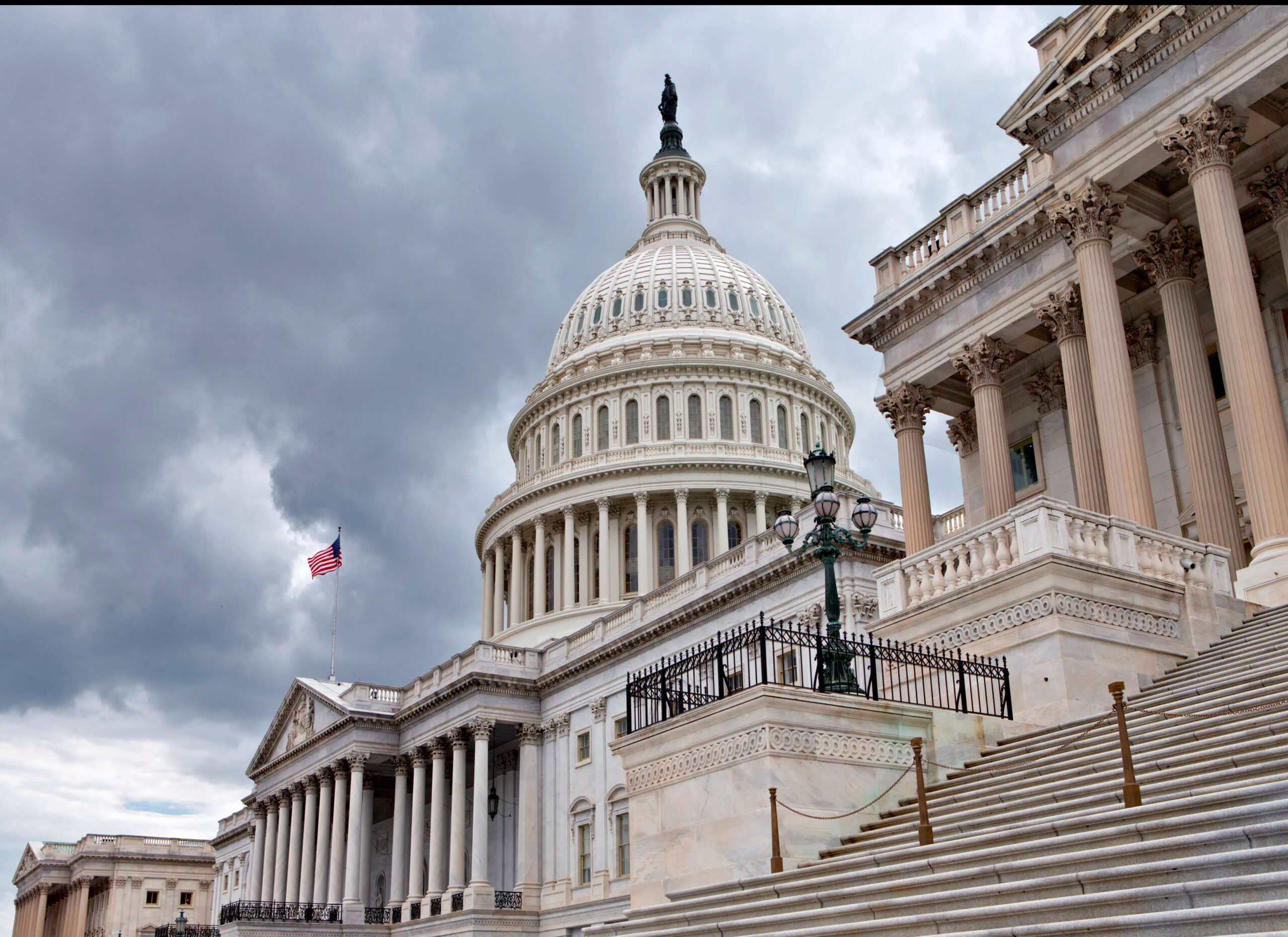On July 28th, ASBM sent a letter to Congressional leaders expressing our opposition to H.R.2815, the BIOSIM Act, a bill “to amend title XVIII of the Social Security Act to provide for a temporary payment increase under the Medicare program for certain biosimilar biological products to encourage the development and use of such products.”
The bill proposes to artificially incentivize biosimilar uptake by increasing reimbursement for biosimilars in Medicare Part B to ASP plus 8%, up from the current ASP plus 6%. This troubling proposal is not new, and has wisely been rejected by the Senate several times. In 2019 alone, this policy was defeated in the Prescription Drug Pricing Reduction Act, The BIOSIM Act (H.R. 4455) and The Lower Drug Costs Now Act (H.R. 3). From the letter:
We, the undersigned patient advocates and health care practitioners, have serious concerns with the potential negative impacts of this policy on patient care. It would create financial incentives for physicians to prescribe biosimilars; in effect, it would provide the doctor a 33% bonus for using a biosimilar instead of an originator product.
Treatment decisions can and should take into consideration a number of factors, including economic factors such as the affordability of the drug for the patient, but the physician-patient relationship could be seriously undermined when physicians are rewarded financially for choosing one medicine over another. Every patient should be confident that their physician will prescribe the product that is in their best interest, not the one that is the most profitable to the physician personally.
We share the goal of increasing biosimilar uptake and increasing patient access to biologic therapies. We also firmly believe this proposal is unnecessary, misguided, and potentially harmful.
Read the full letter here.
